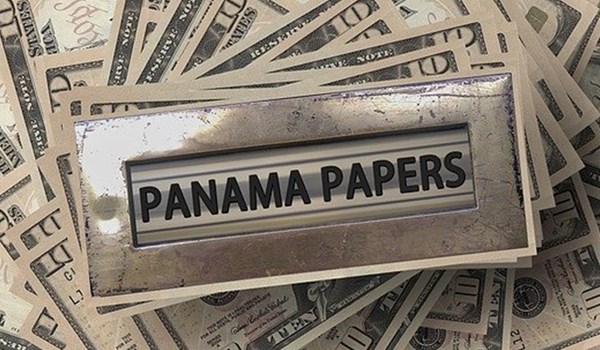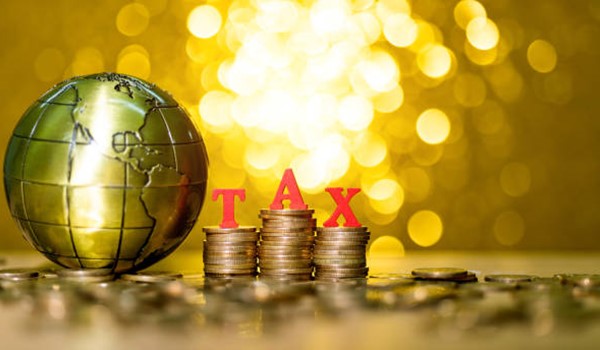South Africa’s Financial Sector Conduct Authority (FSCA) has officially confirmed and detailed the list of crypto asset service providers (CASPs) currently approved to operate. The regulator announced that a total of 75 institutions have been authorized. It addressed reports in some media suggesting that certain institutions were the first or only ones to be licensed. The FSCA also disclosed a detailed list of approved providers, categorizing their licences. Over 20 CASPs have been granted category I and II licences, while others have received category I licences, and a select few have been approved for categories I, II, and IIA licences.
Institutions holding Category I licenses are permitted to offer Advisory and Intermediary services. Those with both Category I and II licenses are authorized to provide Advisory, Intermediary, and Investment Management services.
Recently, crypto asset providers VALR and Luno announced that they had obtained approval from the South African Financial Services Conduct Authority. According to the FSCA’s list, Luno was granted a Category I license, whereas VALR was approved for both Category I and II licenses.
Other crypto asset service providers that have received approvals include ARC Capital, DFM Global, and Unum Capital, all of which were granted Categories I and II. Indexa South Africa and Wealth Tap received Category I licenses, while Peresec Prime Brokers, CAEP Asset Managers, and Kudala Wealth were approved for Categories I, II, and IIA licenses. Additionally, Peresec Fund Platform received approval for Category I and II licenses.
The licensing process for Crypto Asset Service Providers (CASPs) began in June 2023, requiring those offering crypto asset services to apply for licensing by November 2023. The FSCA has received a total of 374 license applications to date and has stated that it “will continue to provide regular updates as these applications are processed and approved.”
The Financial Sector Conduct Authority (FSCA) had previously issued a warning that entities continuing to operate without a license would be subject to investigation and consequences. In March 2024, the FSCA approved licenses for several crypto asset service providers who had submitted applications and later published a detailed list of these firms.
In defining crypto, the FSCA clarified that its licensing authority is confined to the regulation of Crypto Asset Providers (CAPs) that offer financial services linked to crypto assets as per the Financial Advisory and Intermediary Services (FAIS) Act. This includes granting licenses for advice, intermediary services, and investment management.
The FSCA emphasized that this authorization does not equate to recognizing crypto assets as legal tender or as a form of cryptocurrency. Additionally, the FSCA noted that the South African Reserve Bank does not currently recognize crypto assets as currency.



